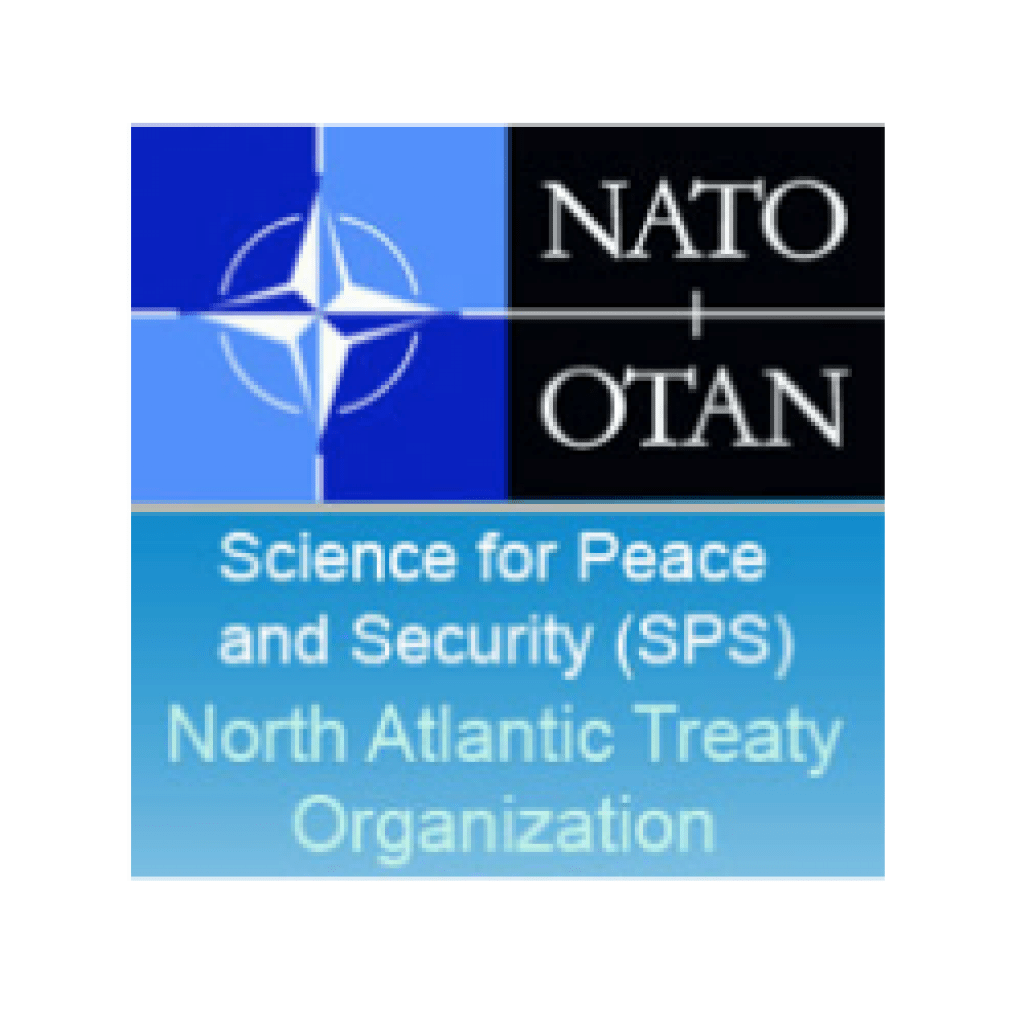(IndiaEducationDiary) The NATO alliance has as one of its highest priorities to be at the forefront technologically. This is because rapid developments in disruptive technologies – such as quantum technologies – can have a decisive impact on the global balance of security and power.
Therefore, based on a bid from Denmark, NATO has decided to establish a quantum technology centre on Danish soil. This entails the establishment of test facilities at DTU for the development and fabrication of quantum technology solutions. It can for example be the development of quantum computers that can perform unprecedented calculations, quantum encryption devices that can prevent hacking and quantum sensors.
“Denmark and DTU have an internationally leading position in research in quantum technology, and we are now on the verge of being able to realize quantum technology in products and applications for sensors, communication, encryption, and computing. Test facilities and a vibrating innovation eco-system will be a crucial lever for bringing research and technology to products,” says Rasmus Larsen, Executive Vice President, Provost at DTU.
In addition, an accelerator site anchored at the Niels Bohr Institute will ensure that companies can get help to mature their solutions and make them ready for the commercial market.
“It’s truly exciting, because we’re facing the development of a whole new generation of chips and devices that could change the way we live. In this connection, the collaboration highlights DTU’s unique infrastructure in the form of cleanroom facilities for making, for example, microchips and sensors,” says Jörg Hübner, Director of DTU Nanolab, who has been involved in the Danish application to NATO.
In addition to the cleanroom, DTU has an extensive quantum research environment within the disciplines of physics, photonics, and chemistry. Here, it is envisaged that cooperation on the NATO Centre can accelerate that research benefits society.
Technical University of Denmark: DTU to develop quantum technology in NATO centre
